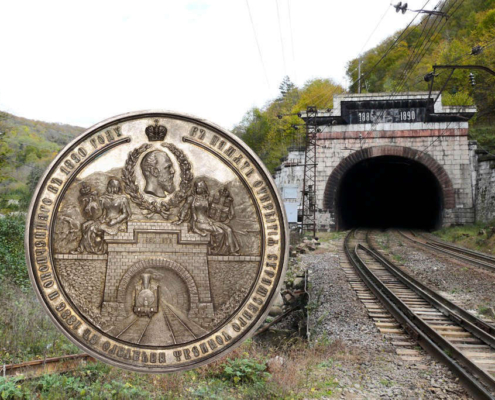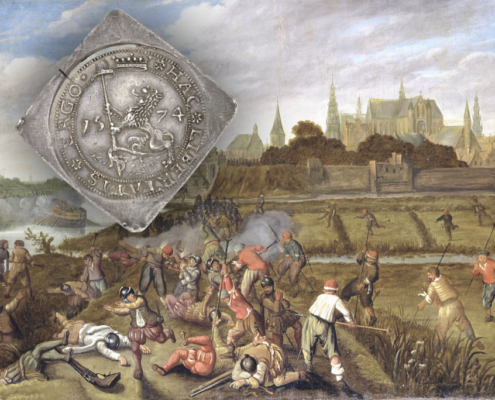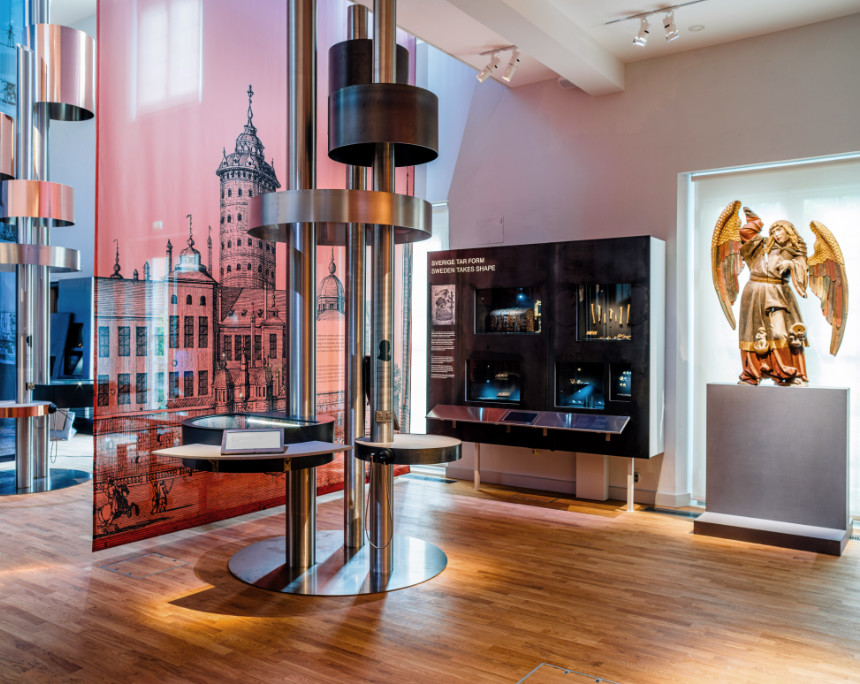Archive: People and Markets
Peter Ilisch (1947–2023)
Peter Ilisch passed away on 29 May 2023. The former curator in Münster specialised in medieval and early modern Westphalia. As an obituary, we publish the speech of Stefan Kötz, who paid tribute to his predecessor in office at the funeral service.
Swedish Economy Museum Reopened
Ever since the Swedish “Economy Museum – Royal Coin Cabinet” moved to a new location in 2019, there have only been special exhibitions on display. Now, the two permanent exhibitions on the topics of money and the economy were finally opened.
Archive: Coins, Medals and more

For Railroad Fans: The Suram Tunnel
Railroad history is linked to numismatics in many ways. Fascinating large-scale projects were often celebrated with medals and commemorative coins. Our example takes us to Georgia: A medal that will be offered for auction by Künker commemorates the opening of the Suram Tunnel.

The Suffering of Leiden – A Siege During the Dutch Revolt
The third part of the Beuth Collection that Künker offers in Auction 420 contains many historically interesting emergency and siege coins. They were issued by the Dutch towns besieged by Spain during the 80 Years' War. One of these towns was Leiden, which to this day commemorates the end of the siege every year with a festival.










World Money Fair ‘Minting Experience Centre’: Minting up Close!
The organizers of the World Money Fair have come up with something special for the upcoming event. The new Minting Experience Center that spans over 100 square meters showcases the production steps involved in minting coins. Guests will even have the chance to mint their own World Money Fair collector’s medal.
Warning Against Overpriced Coins: “Stick Figure” and “Woman on a Bull” Designs Aren’t Just Found in the Euro Zone
“Mega-rarity from your change” – sensational headlines like these frustrate coin collectors and dealers across Europe. Yet, it’s not just within the Eurozone that supposed rarities, often lacking genuine collector value, make waves.